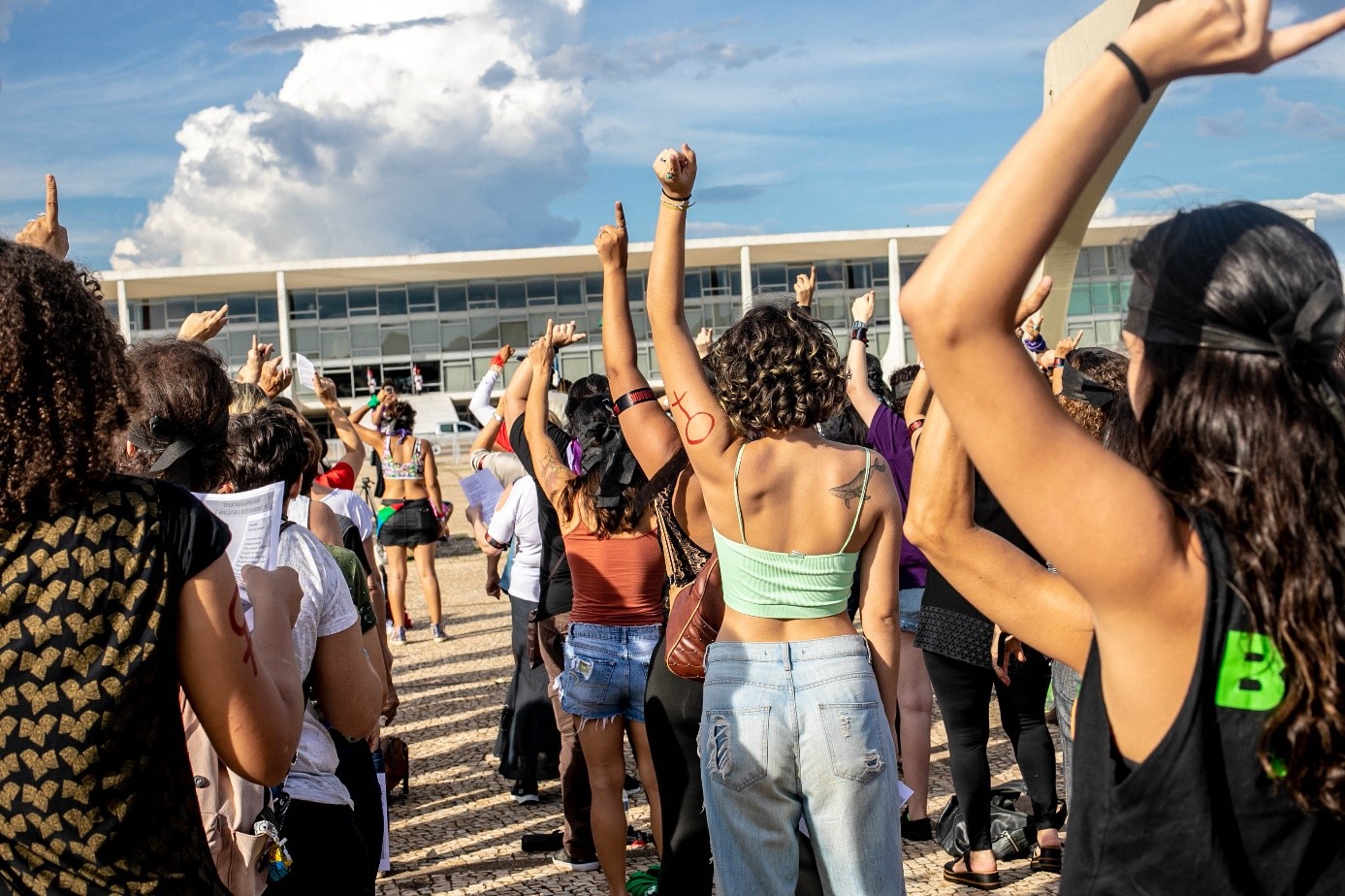
Module content
- Analyse the variety of approaches and concepts within decolonial feminisms and discuss prominent concepts such as intersectionality, coloniality, necropolitics and others.
- Situate the so-called ‘refugee crisis’ and analyze it from a decolonial-feminist standpoint.
- Participate in a tour that addresses historical and contemporary references to the colonial on a local scale for stimulating a debate about the history of colonialism and its ongoing consequences in the urban landscape
- Learn about Critical Theory and the legacy of the Frankfurt School and critically engage with it from a feminist and decolonial framework; get to know an initiative at the Goethe University that aims to decolonize the curriculum and embed feminist perspectives.
- Discuss transnational feminist movements and organizations and learn about different geographical contexts that shape the ‘politics of location’
- Investigate the entanglement between politics and religion
- Trainer/in: Maisha Auma
- Trainer/in: Josef Barla
- Trainer/in: Céline Barry
- Trainer/in: Denise Bergold-Caldwell
- Trainer/in: Isadora Campregher Paiva
- Trainer/in: Meltem Kulaçatan
- Trainer/in: Helma Lutz
- Trainer/in: Kristin Neufeld
- Trainer/in: Selamawit S1578085
- Trainer/in: Tanja Scheiterbauer
- Trainer/in: Marianne Schmidbaur
- Trainer/in: David Schneider
- Trainer/in: Lucas Schucht
- Trainer/in: Denise Siemer
- Trainer/in: Raphael Skibka
- Trainer/in: Patrick Stärke
